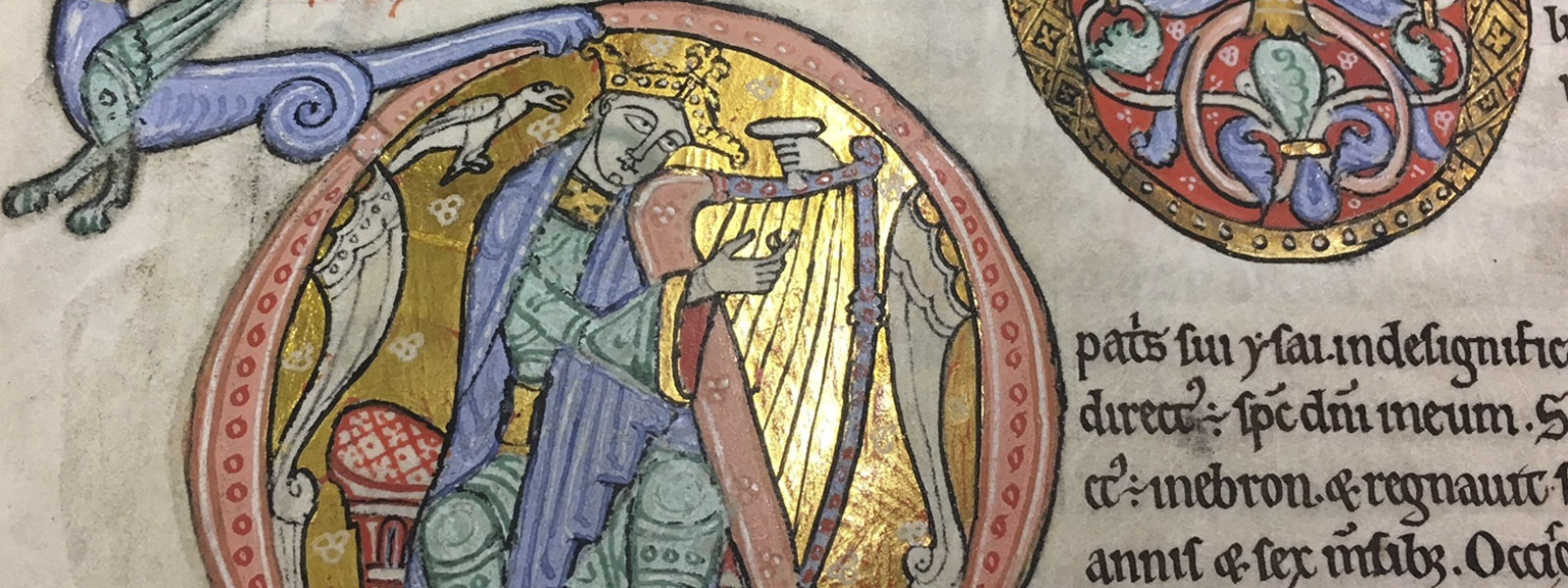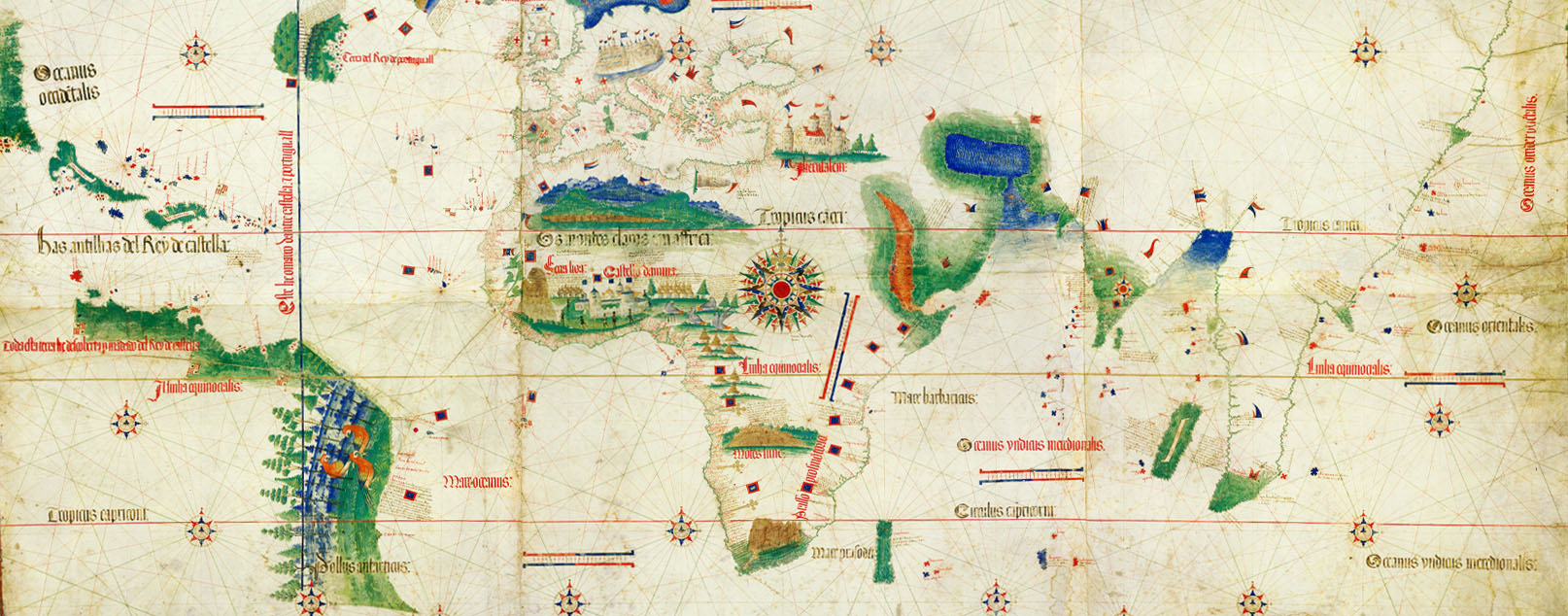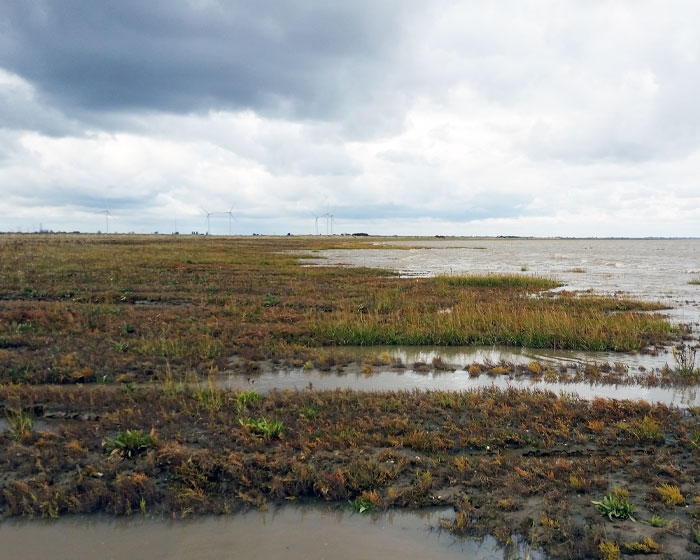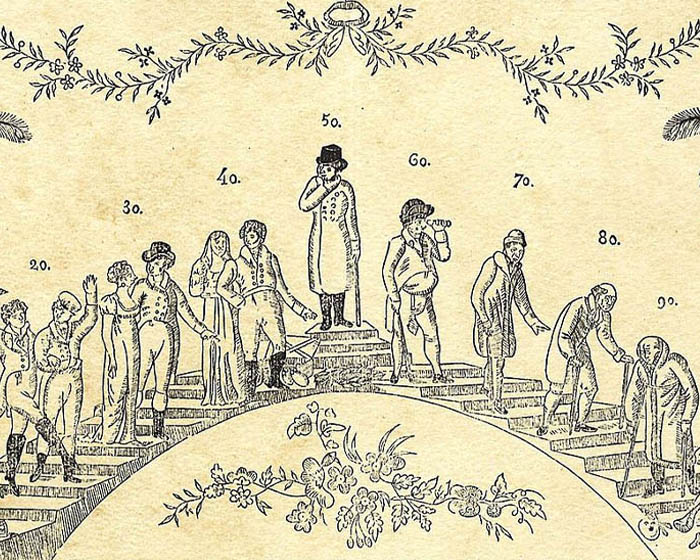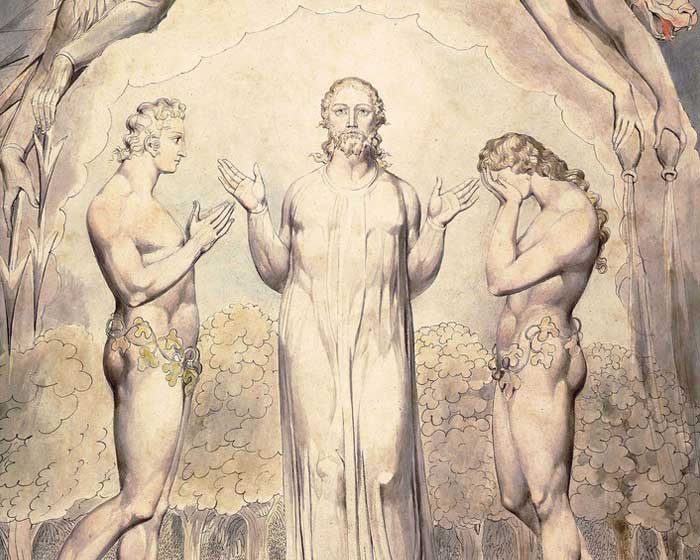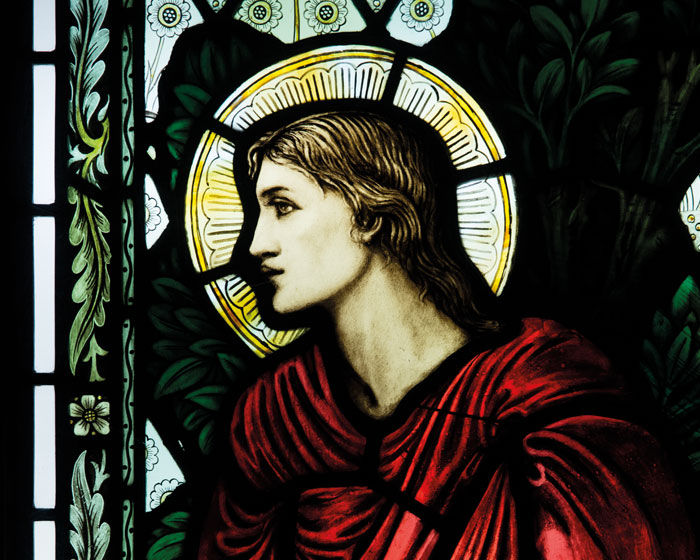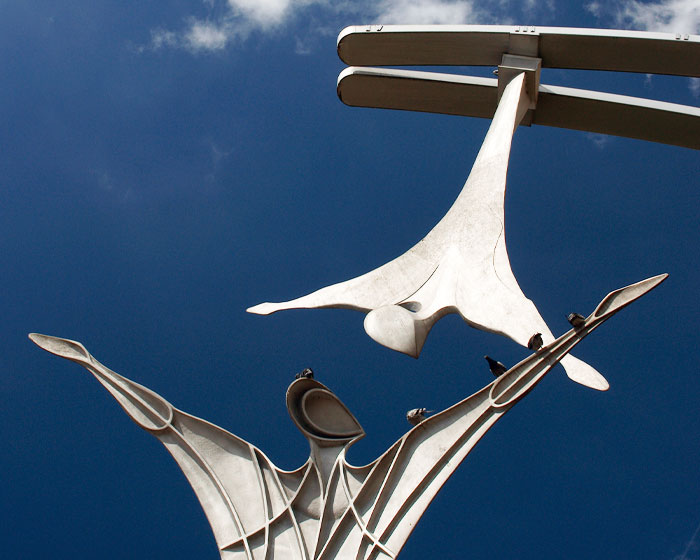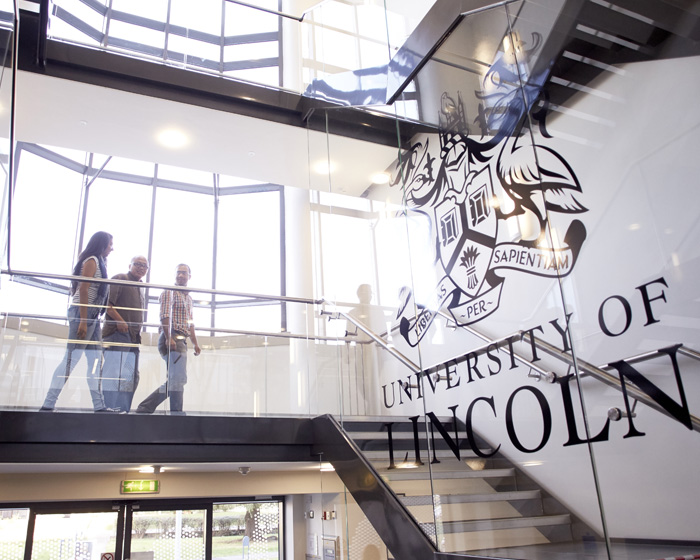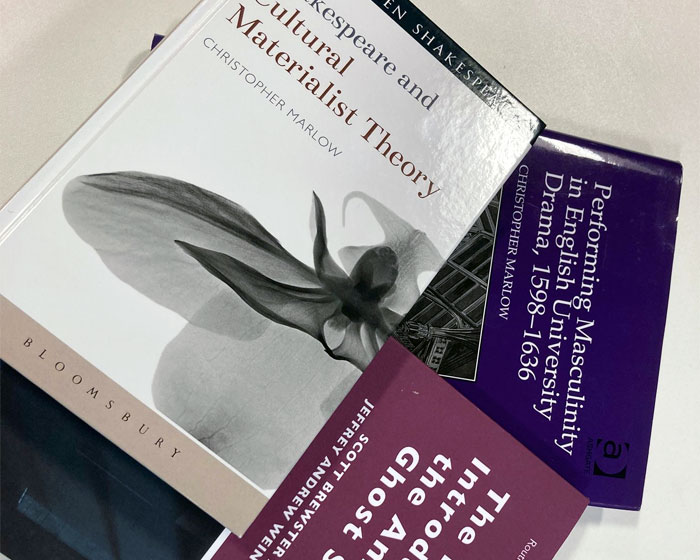/prod01/university-of-lincoln-cdn-pxl/media/responsive2017/research/newresearch/English,research,banner,1600X600.jpg )
English Research
Introduction
English staff at Lincoln have research expertise that spans the medieval to the contemporary periods, with strengths in medieval(ism), nineteenth-century studies, and 21st Century literature and culture. Our work covers a wide geographical range through our interests in British literature, global literatures, and American studies.
In REF 2021, 78% of research in English was judged to be world-leading or internationally excellent. Feedback noted our ‘innovative interdisciplinary practice at the interface of literature, history, politics, and visual culture’. We have strengths in interdisciplinary approaches to literature and environmental crisis, ageing and the medical humanities, migration, homelessness studies, visual and material culture, and gender. We also have a strong track record in scholarly editing, particularly in the nineteenth century.
Our approach to impact and public engagement demonstrates a commitment to often under-served audiences and is centred on strong relationships with regional and national charitable and third sector bodies. Our work addresses homelessness, ageing, migration and refugees, and medieval heritage, resulting in annual programmes for Lincoln’s ‘Medieval Week’, the ‘Lincoln Older Readers’ 21st-Century Literature Book Group’, and participation in ‘The Being Human Festival’ featuring events on the ghost story and literature and ageing.
Spreading the Word
Our staff have received research funding from a number of key organisations, including the British Academy, AHRC, and Arts Council England, and have benefited from multiple international library fellowships. Recent projects include the AHRC-funded ‘Women Writing Lockdown’, culminating in an exhibition launch in the House of Commons; the BA funded ‘Narratives of Old Age in the Nineteenth Century’, resulting in exhibitions at the British Academy and Royal Society; and the ACE-funded Medieval Heritage project, ‘Old Bolingbroke – Eyes and Imaginations’.
Lincoln has also hosted several international conferences, including ‘What Happens Now’ (which expanded into the international British Association for Contemporary Literary Studies (BACLS) biennial conference); the British Academy funded ‘Representing Homelessness’ (2019), ‘Nineteenth-Century Narratives of Ageing’ (2019); and the International Arthurian Society (British Branch) Annual Meeting (2022).
Research Groups
Staff in English are co-ordinators and members of a number of University research groups:
Our Research
Staff and Students
Related Postgraduate Courses
